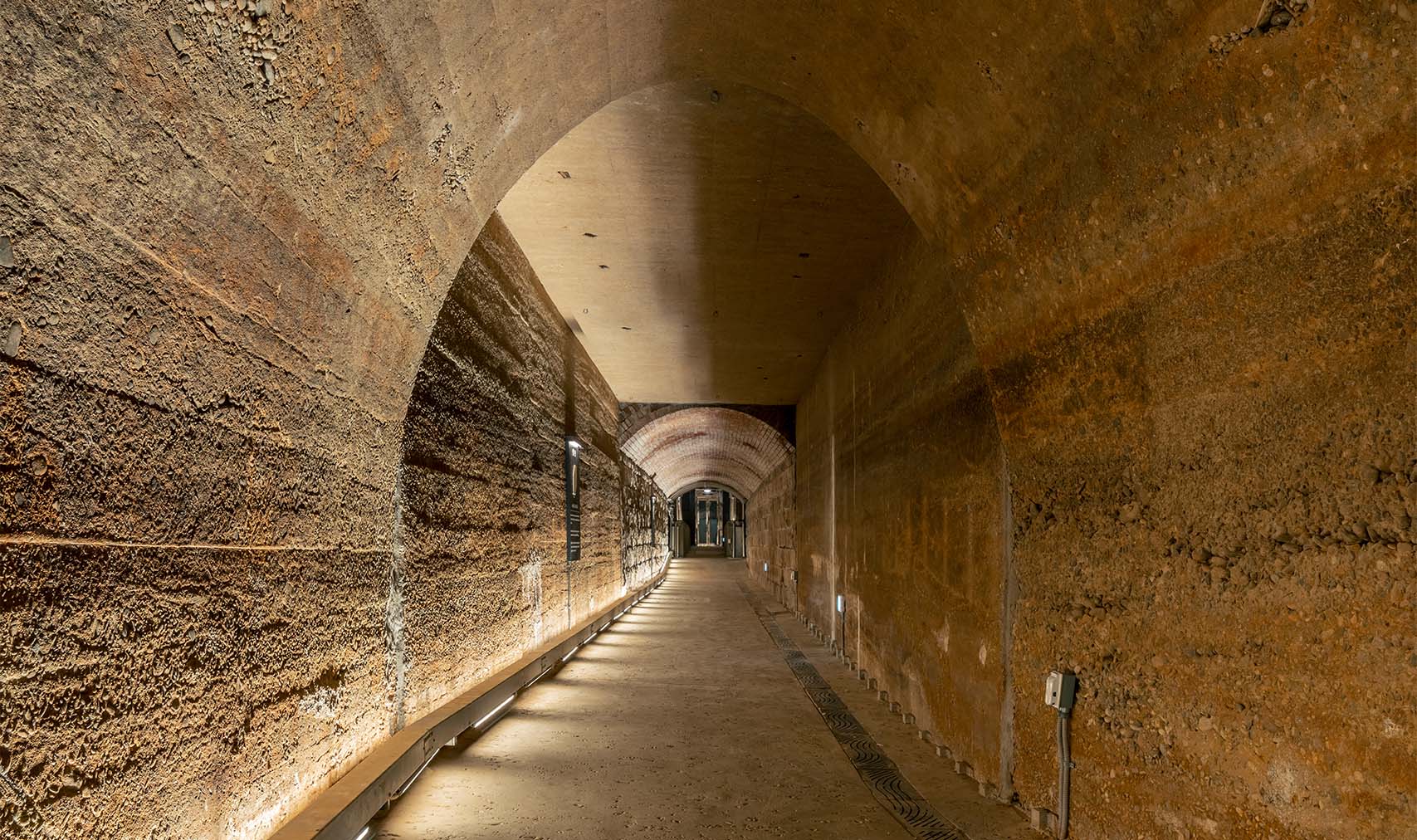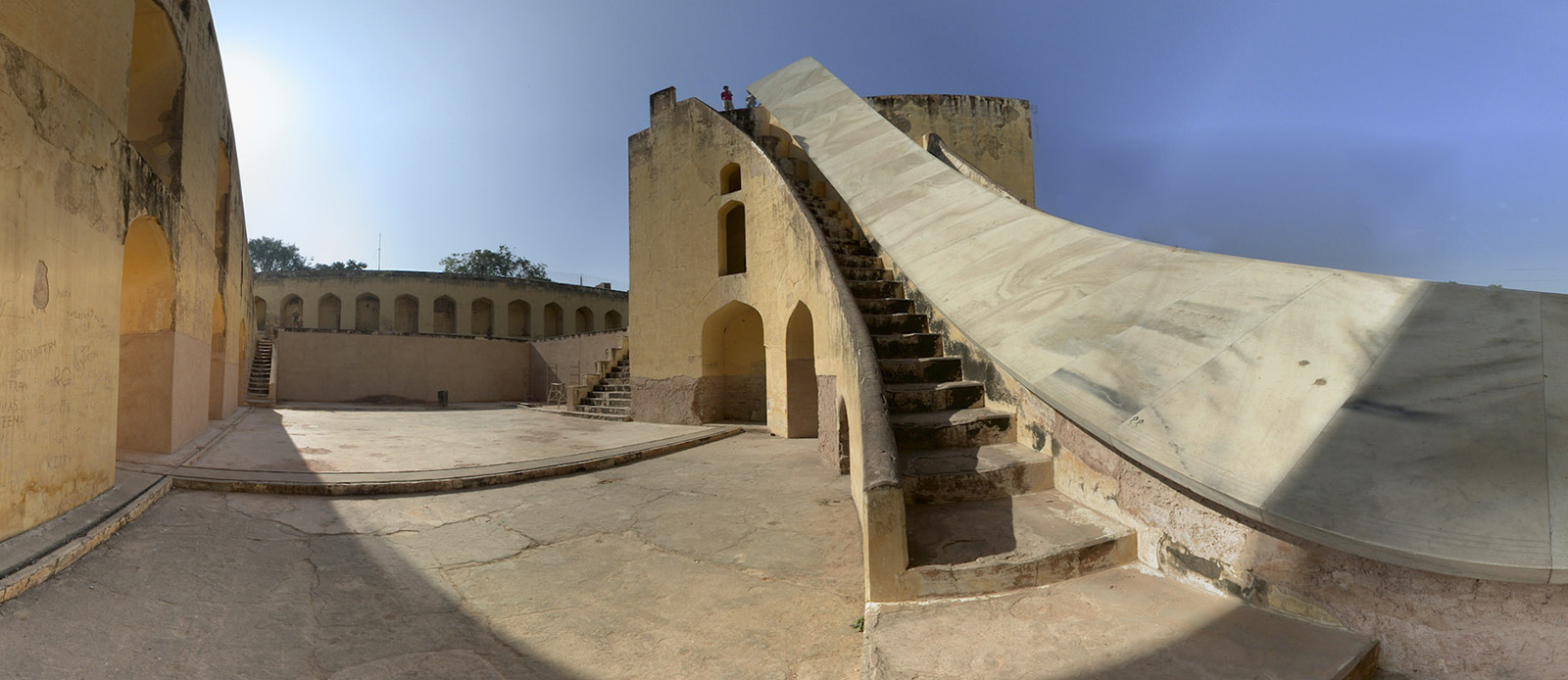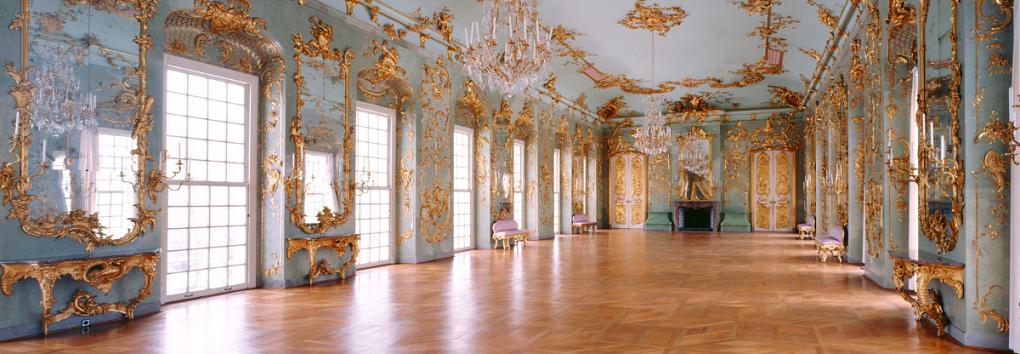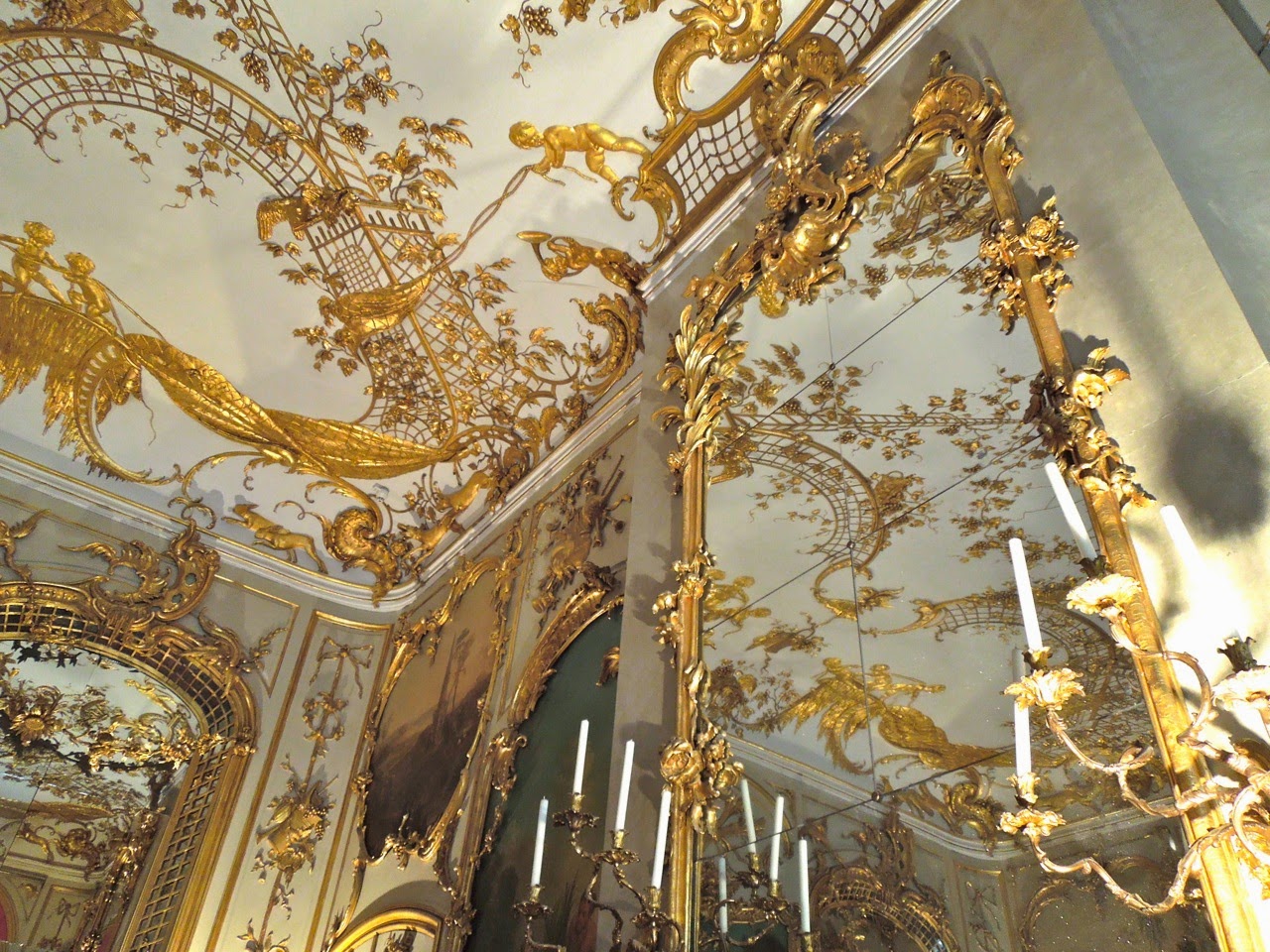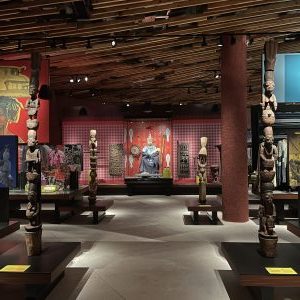Yoruba Culture
The Yoruba people (Yoruba: Ìran Yorùbá, Ọmọ Odùduwà, Ọmọ Káàárọ̀-oòjíire[22]) are a West African ethnic group who mainly inhabit parts of Nigeria, Benin, and Togo. The areas of these countries primarily inhabited by the Yoruba are often collectively referred to as Yorubaland.Yoruba culture consists of cultural philosophy, religion and folktales. They are embodied in Ifa divination, and are known as the tripartite Book of Enlightenment in Yorubaland and in its diaspora.
Yoruba cultural thought is a witness of two epochs. The first epoch is a history of cosmogony and cosmology.The second epoch is the epoch of metaphysical discourse, and the birth of modern artist-philosophy. This commenced in the 19th century in terms of the academic prowess of Bishop Samuel Ajayi Crowther (1807–1891). Although religion is often first in Yoruba culture, nonetheless, it is the philosophy – the thought of man – that actually leads spiritual consciousness (ori) to the creation and the practice of religion. Thus, it is believed that thought (philosophy) is an antecedent to religion. Values such as respect, peaceful co-existence, loyalty and freedom of speech are both upheld and highly valued in Yoruba culture. https://en.wikipedia.org/wiki/Yoruba_people

